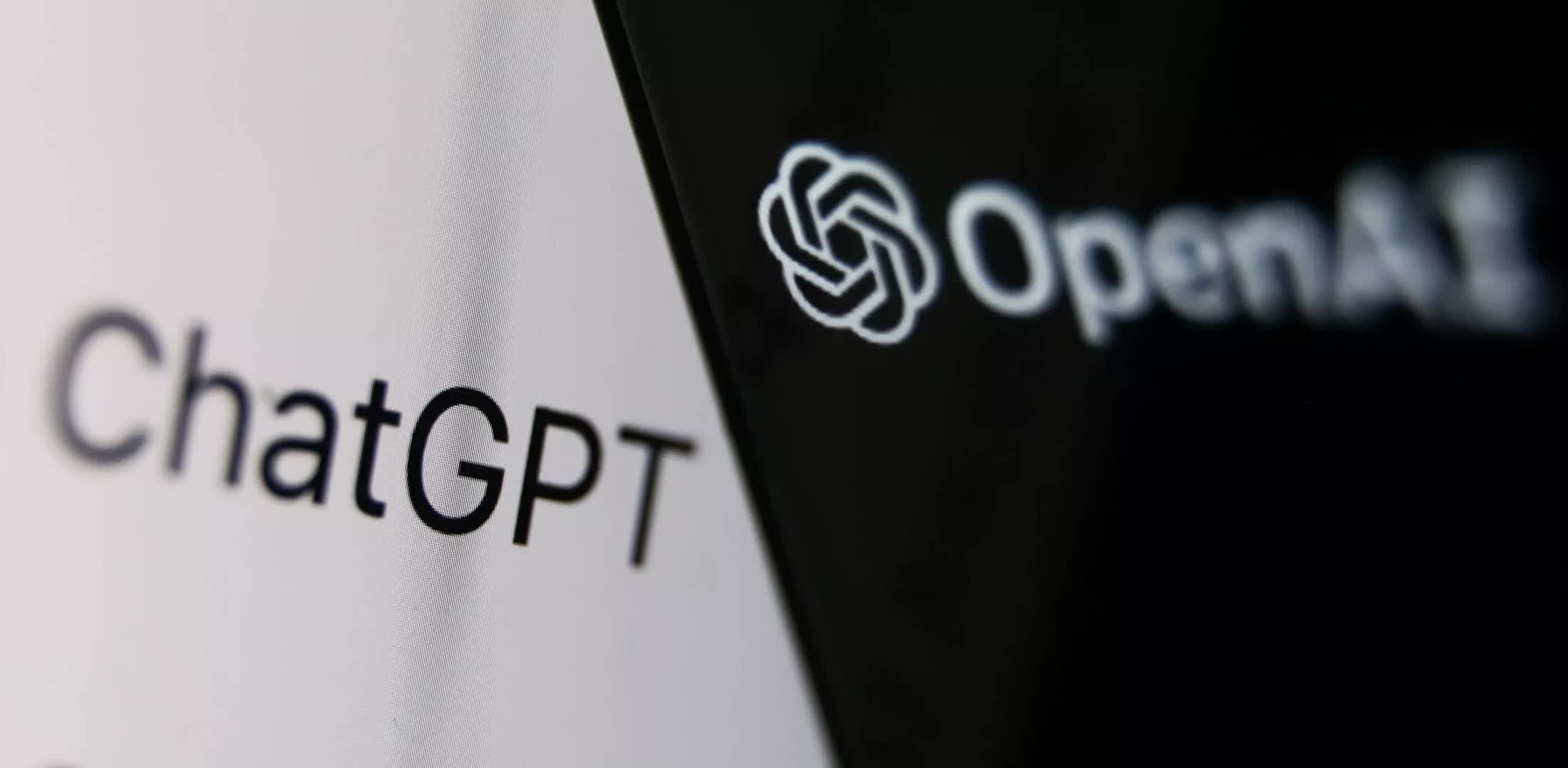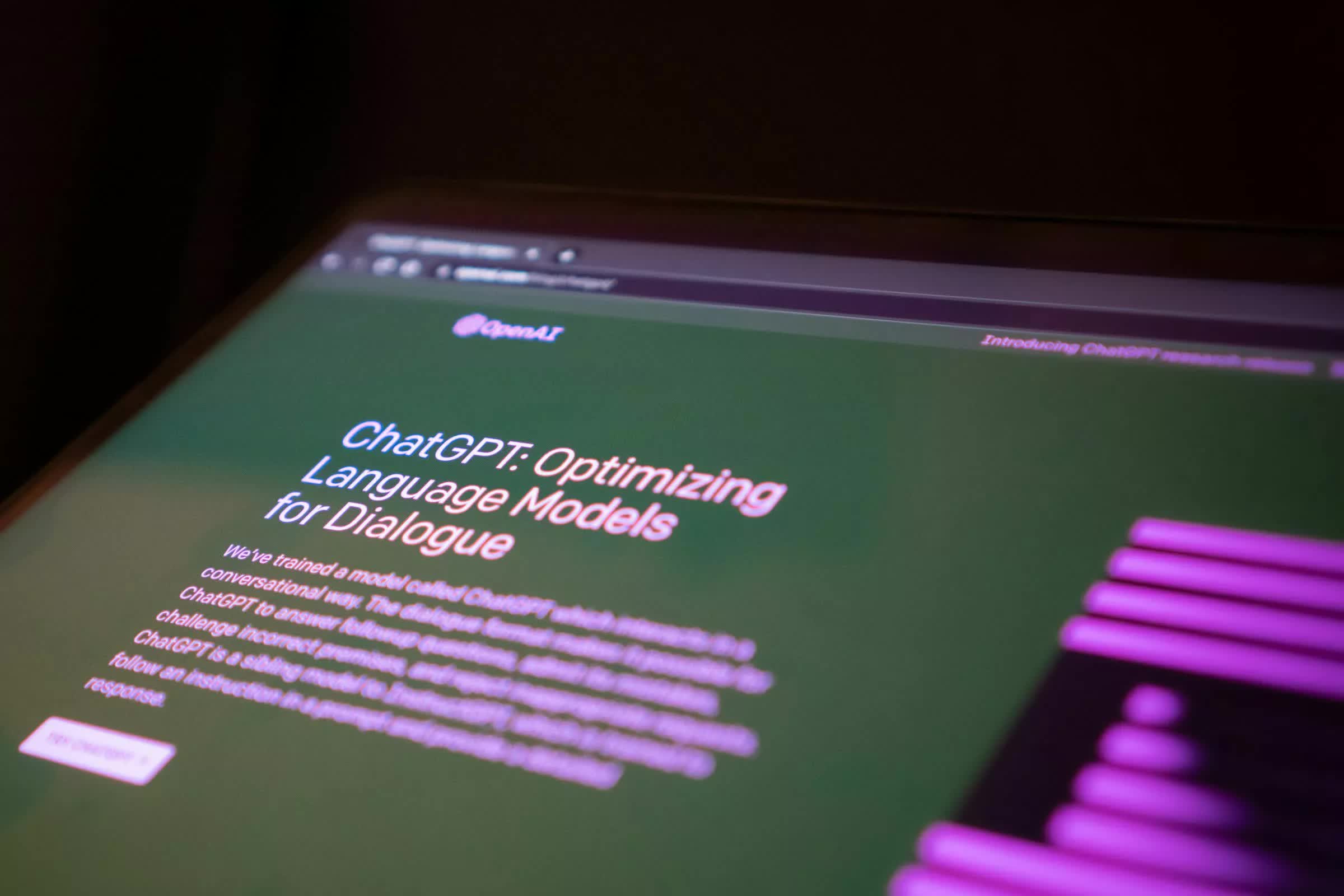In brief: OpenAI’s ChatGPT continues to be the chatbot to beat. The company revealed this week that its language model now has over 200 million weekly active users globally – doubling its user base in just one year. The tool touched 100 million users back in February 2023, which made it the fastest-growing app ever, before Instagram’s Threads arrived.
200 million is an impressive figure in an industry facing intensifying competition from tech titans like Microsoft, Google, and Meta. All are aggressively developing and promoting their own conversational AI assistants in a bid to catch up. But ChatGPT’s grip on the market seems pretty firm so far.
“People are using our tools now as a part of their daily lives, making a real difference in areas like healthcare and education – whether it’s helping with routine tasks, solving hard problems, or unlocking creativity,” CEO Sam Altman said in a statement to Axios.
Altman also disclosed that 92% of Fortune 500 corporations now utilize OpenAI products, with usage of the company’s automated API interfaces doubling after July’s release of GPT-4o mini, the model that replaced GPT-3.5.

Competitors aren’t resting on their laurels. Meta announced this week that adoption of its open-source Llama models has surged at major cloud providers between May and July following the Llama 3.1 rollout. An Information report also revealed this week that Meta’s BlenderBot 3 AI assistant already has over 400 million monthly active users and 40 million daily users.
Amid the AI gold rush, government oversight is increasing. OpenAI and rival Anthropic have just agreed to have major new models evaluated by the US AI Safety Institute before public release, a nod to concerns around potential risks posed by advanced AI systems.
For OpenAI, the path forward seems clear: scaling the business. Reports indicate the company’s annualized revenue run rate has more than doubled from $1.6 billion at the end of 2023 to $3.4 billion currently. However, another report says that massive operating costs could push it close to bankruptcy within 12 months.
The scaling of the business appears to come at another cost. The AGI dream is less frequently mentioned in company interviews and blog posts. Most of the company’s founding members have also left, including former OpenAI Chief Scientist Ilya Sutskever, who launched a rival firm focused on “building safe superintelligence” in June.
Masthead: Jonathan Kemper
